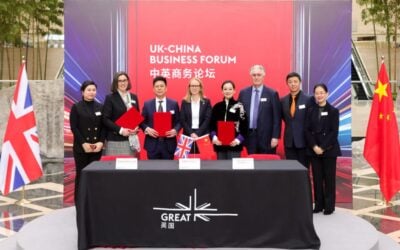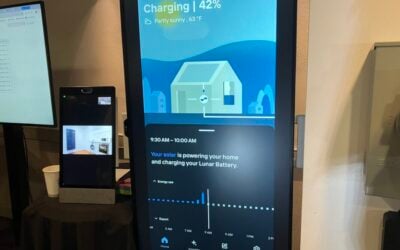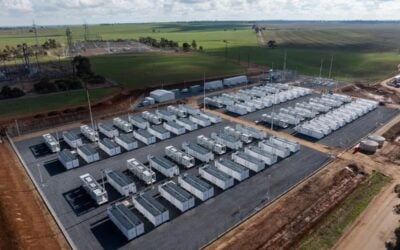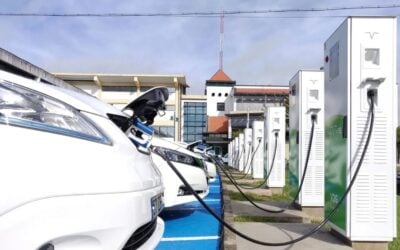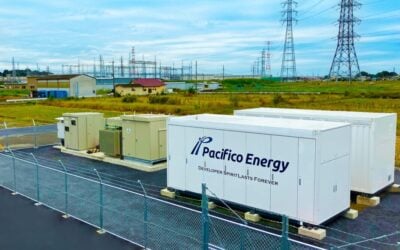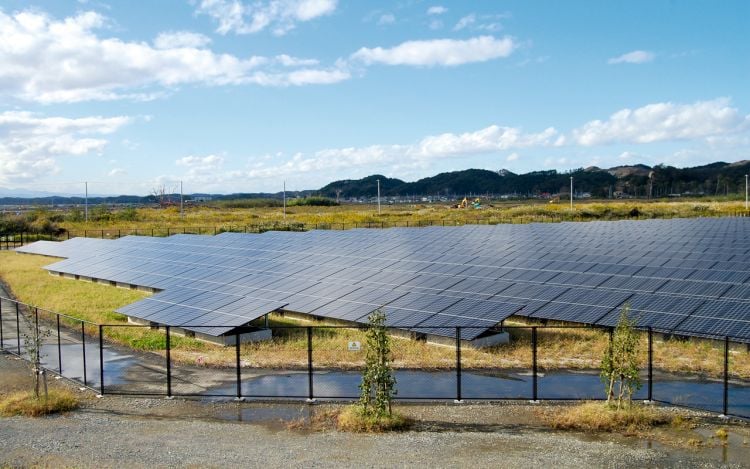
The Japanese government has published the list of battery aggregators that successfully applied to a scheme to promote energy storage systems.
The scheme aims to increase the uptake of residential and commercial and industrial (C&I) battery energy storage system (BESS) technology by enabling wider participation in demand response.
It is being run alongside a scheme to also increase demand response participation from existing resources, which may also include things like air-conditioning units, onsite power generation from solar, industrial production units and battery storage systems.
The scheme is being administered through the Sustainable Open Innovation Initiative (SII), set up by the government Ministry of Energy, Technology and Industry (METI) and its Agency of Natural Resources.
Try Premium for just $1
- Full premium access for the first month at only $1
- Converts to an annual rate after 30 days unless cancelled
- Cancel anytime during the trial period
Premium Benefits
- Expert industry analysis and interviews
- Digital access to PV Tech Power journal
- Exclusive event discounts
Or get the full Premium subscription right away
Or continue reading this article for free
SII’s other areas of focus include zero-energy buildings and homes (ZEB, ZEH), energy efficiency programmes, building decarbonisation, electrolysers, microgrids and more.
For the scheme ‘Support for the introduction of energy storage systems for home, commercial and industrial use’, the Japanese government has allocated around JPY9 billion (US$57.48 million) from the FY2023 supplementary budget.
The idea is that behind-the-meter (BTM) distributed batteries installed at homes, commercial premises and industrial facilities can be used to adjust supply and demand on the electricity grid.
This will be useful especially in managing peak demand, and also in enabling greater utilisation of renewable energy capacity. Internet of Things (IOT) devices will be placed onto distributed energy storage and demand response resources to coordinate their aggregation.
Earlier this month (2 July), a list of nine aggregators was published, and a few days later (12 July), an approved list of residential energy storage systems featuring 95 different models from 14 manufacturers was published.
Aggregators were selected either for home battery systems or C&I systems, with no companies selected to do both scales of BESS.
Up to JPY300 million per C&I project
One of the chosen C&I aggregators, Eneres Power Marketing, said on Friday (19 July) that companies could apply for subsidies towards battery storage equipment purchases and project construction costs by entering a demand response (DR) agreement with approved aggregators.
Subsidies will fund up to one-third of the capital expenditure (Capex), with up to JPY300 million available per project for C&I batteries. The majority of the total JPY9 billion funding is, however, expected to go towards residential systems, with about JPY1.5 billion for C&I.
The application period is open until 6 December, but it could close sooner in the event that funding is fully allocated.
The full list of aggregators can be found here (in Japanese).
See the residential energy storage system product list, as well as a grant calculator tool (in Japanese).
Japan, which targets renewable energy representing 36% to 38% of the electricity mix by 2030 and 50% by 2050, is seeking to promote energy storage technologies as an enabler of that goal. At the same time, electricity demand forecasts for the coming years have risen due to the expected increased adoption of AI and the growth of data centres.
The market for utility-scale BESS in Japan has opened up through policy and regulatory support, energy trading opportunities, an early-stage ancillary services market for frequency regulation, and a recent low-carbon capacity market auction for which batteries and pumped hydro energy storage (PHES) were eligible.

